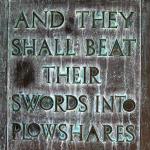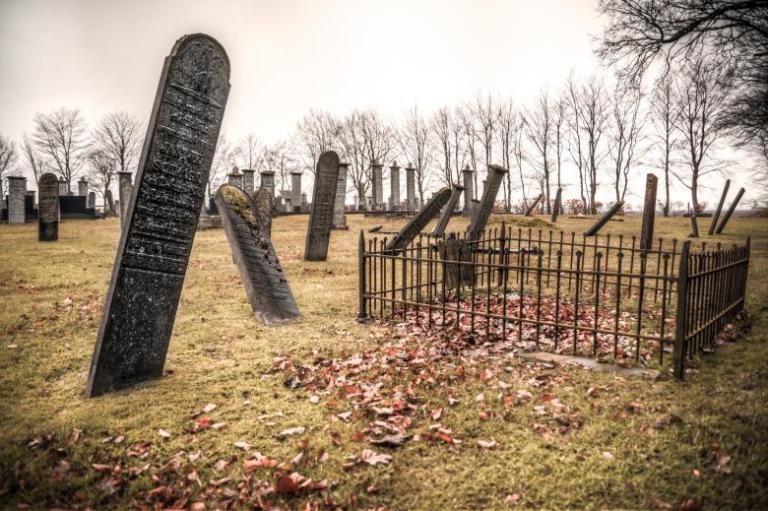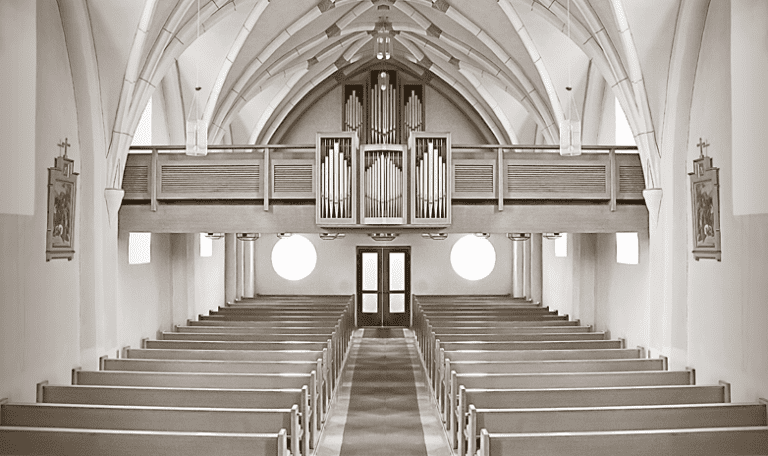
When you think about places that need new churches, heavily Republican leaning counties in Alabama probably aren’t at the top of your list. Shelby County, located to the south of Birmingham, has been growing rapidly since 1990. During that time, the county has become the most unchurched in the state of Alabama, with only one in six people attending a worship gathering each Sunday. While some areas would consider this a revival, in the Bible Belt this represents the church losing ground in our culture and presents a significant opportunity for Gospel ministry in an area that is “Christ haunted.”
Our family moved here from another corner of Alabama to plant Chelsea Village Baptist Church in the Summer of 2009. By God’s grace, we have seen people come to know Jesus, new leaders trained, and people grow in their faith. This has not happened without learning a lot along the way in the midst of many ministry challenges and my own personal failures.
I did not walk into this endeavor unaware of the challenges I would face. Friends recommended books, offered advice, and pointed me to audio training. My denomination sent me through a three-day training process. While this was all helpful, it could not prepare me for the myriad of challenges that church planting presents. I’m sure people told me about what I would face along the way, but I wish I had been known three things more clearly before walking through the process of church planting.
You will be tempted to forget who you are.
Most of the challenges a church planter faces are not external, but internal. One of the greatest is the temptation to find our identity in something other than who we are in Jesus. This temptation presents itself in all ministry, but it is particularly strong in church planting.
I was simply not prepared for how easy it is to live and die based on the Sunday morning attendance. Your friends and family want to know how your new church is doing. Reports need to be sent to financial sponsors and your denomination. These questions and reports mean you start counting heads each Sunday. Then you start comparing the attendance this Sunday to the attendance last Sunday. “Oh my goodness. Our average attendance this month was less than it was last month. What am I doing wrong? I’ve got to do something to turn this decline around.” These thoughts can be overwhelming and crippling. At the same time, when attendance begins to grow there is the temptation to be self-sufficient and proud of what you are “accomplishing.”
Apart from remembering who we are in Christ, church planters will label themselves either as successes or failures. The root is the same; finding our identity in something other than Jesus. We need to be reminded constantly of the truth that Tim Keller stated so well when he said, “We are more sinful and flawed in ourselves than we ever dared believe, yet at the very same time we are more loved and accepted in Jesus Christ than we ever dared hope.” This perspective reminds us that we are sinners. Left to ourselves we would have no hope of acceptance before God. Remembering this truth humbles us out of our tendency to believe we are a big deal. At the same time we are more loved than we ever dared to imagine because of Christ. This encourages us and reminds us that we belong to him no matter what kind of visible results we are seeing or not seeing.
You will get discouraged.
Since we began our church planing journey, I have decided that I like doing yard work. I particularly like pruning bushes and digging up weeds because they produce immediate, visible results. Immediate, visible results happen rarely in church planting. Most of the work we do is slow, and the fruit will ultimately only be seen on the Last Day. The lack of visible results mixed with financial pressure and people leaving the church has derailed many church planters.
I had experienced discouragement before, but there is something different about church planting discouragement. It feels like you make progress in centimeters and go backwards in inches. John Stott’s comment that discouragement is the occupational hazard of Christian ministry rings truer for me now than it ever has.
Church planters must learn to let discouragement drive them to prayer. I had the privilege of talking with Dr. Frank Barker, the founding Pastor of Briarwood Presbyterian Church, a few months before we started the process of planting and asked him what advice he would give to a man who was going to plant a church. He did not hesitate and immediately answered that a church planter must pray. He shared encouraging stories of answered prayer in the early years of Briarwood. While many of us acknowledge the importance of prayer, how many of us actually do it? How many of us actually pray until we have prayed? We are so results driven that prayer does not feel like getting things done, but doesn’t Acts 6 teach us that it is one of the most important aspects of the work?
Church planters also need men around them who are walking where they are walking. Find other church planters in your area and get together often. Eat together, pray together, work together, and laugh together. I have several friends who are church planters that I talk to each week. We usually talk a little bit about the previous Sunday and then talk about life and ministry in general. These men have been a tremendous encouragement to me personally. If you don’t have people around you like this, find them.
God’s grace will be enough.
This last one could be filed under “things you should have known already.” We often forget about the power and presence of God’s grace in the pastoral ministry. We are self-sufficient creatures who like to imagine that we can do God’s work in our own power. Church planters must remember that we are who we are by grace. This keeps us from the comparison trap and it reminds us that all of our labor is done in the strength that God supplies.
This also reminds us why God allows his servants to God through times of testing and difficulty. He told Paul that his grace is sufficient for us and that his power was made perfect in weakness. It is in hard times we remember to seek God and his grace. We find his grace meets us there at every turn. We want to be seen as strong and we often want credit for the work we do, but when that happens his power is not on display. His power and his grace is on display when we are weak and when we are humble.
This list could be much longer. Fellow church planters, what do you wish you would have known before you got started?
Related Posts:
“Another Big Mistake Young Preachers Make”
“Wanted- Anonymous, Plodding Church Planters”
For Further Reading:
Church Planter by Darrin Patrick
The Church Planting Wife by Christine Hoover












